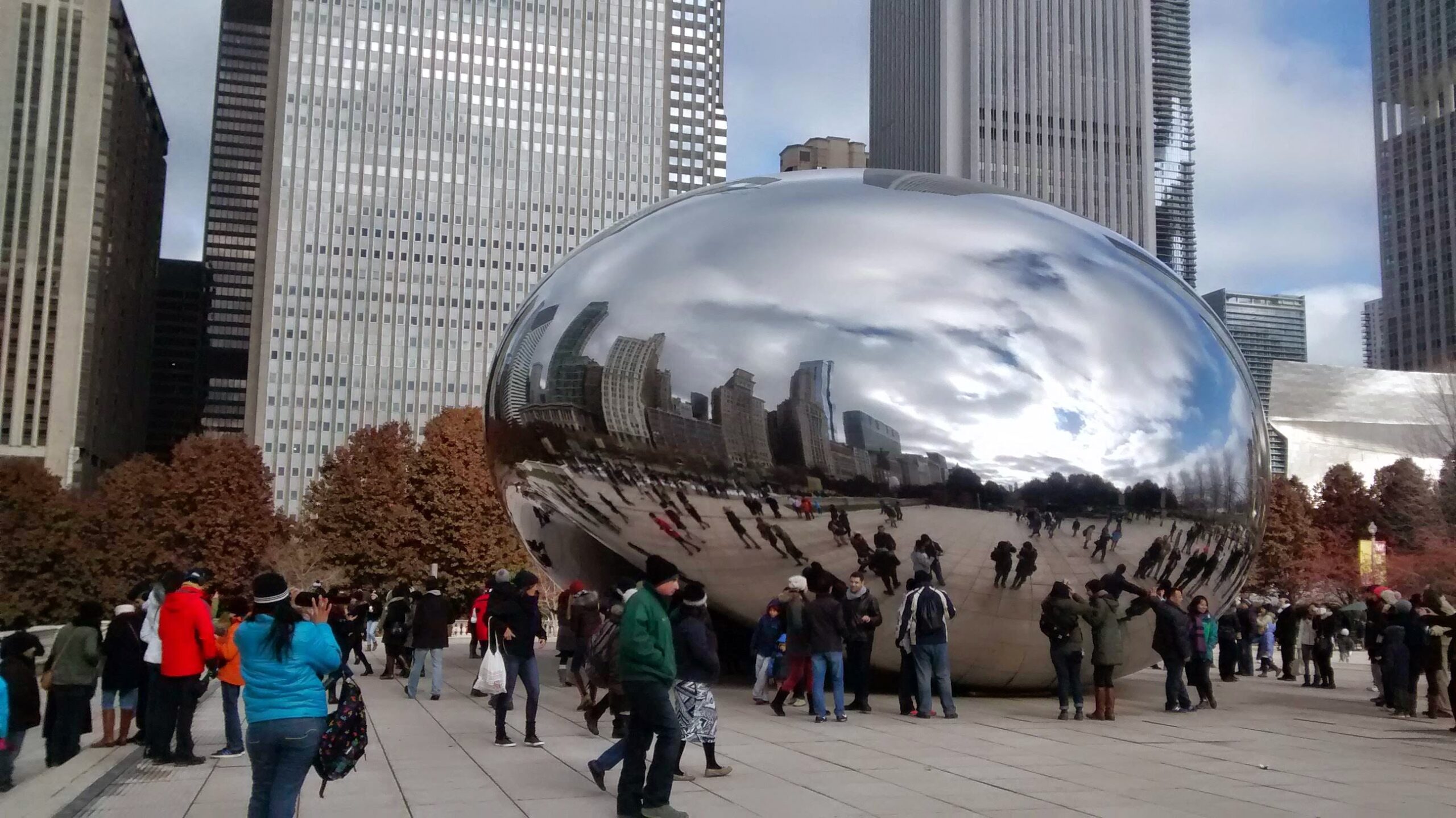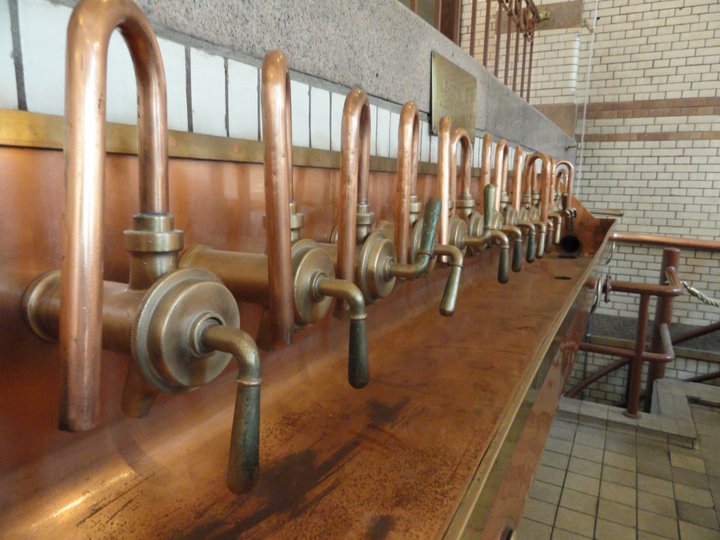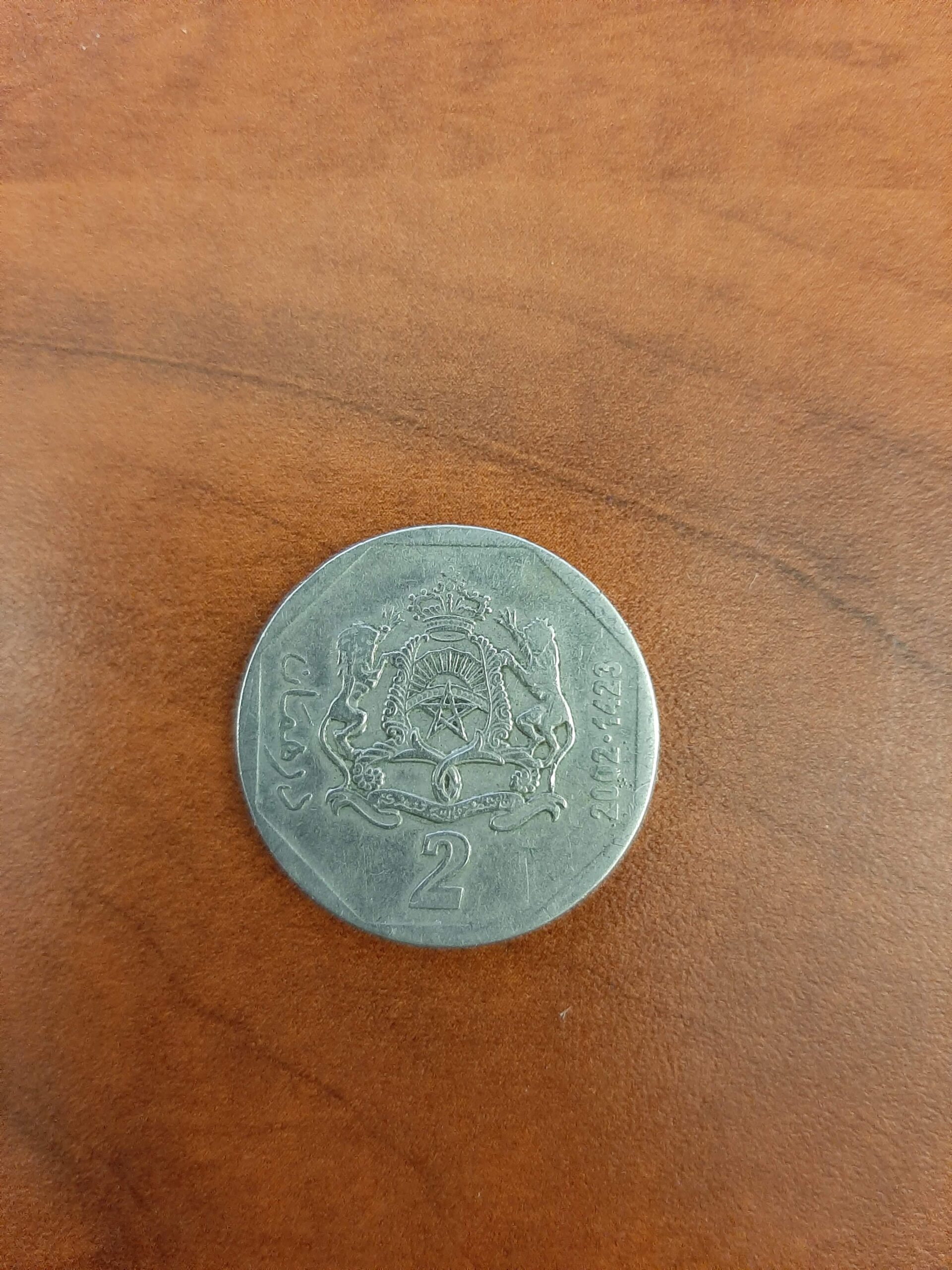Marketing companies know how to reach our minds to create the need to buy their products right away. Have you ever struggled with your budget? Do you discover numerous non-essential purchases by the end of your credit card cycle? Here is how to avoid non-essential spending.
Check out Budgeting 101.
Wait 48 hours
Whenever you see something online that looks appealing to get, challenge yourself to wait 2 full days before completing the purchase. Leave the item in the cart. There is a big chance you change your mind after a few hours later and realize the purchase is no longer necessary.
Look for an alternate option at home
When my go-to wood cleaner had a few millilitres of liquid left in the bottle, I rushed to Amazon to buy a new one. Then I thought, do I have any other product that is also suitable to clean furniture or wood? I then remembered I bought a new scent of my day-to-day “regular” cleaner and wondered if it was ok for wood. Indeed it was! I no longer need to buy a specific wood cleaner anymore.
Next time, look around your house for a substitute and try it for a while.
Check out my Sustainable Household Items to Help the Environment recommendations.
Borrow, borrow, borrow
If the previous 2 options still point to the need for a new item; continue the discovery of the “need” behind the item: Would you be using it maybe once a month? Or once a year? Are you planning to use it every year? Maybe it is worth the investment. If not, ask your local friends to borrow that specific thing for the weekend and cook a delicious homemade meal for them to thank in advance.
Don’t autosave your credit card information
Completing purchases online with less than 5 clicks is a recipe for disaster to your long-term financial success. Sticking to your budget is very challenging but extremely essential to achieve FIRE.
If you have your credit card information saved in the Amazon app, make it a little more difficult for yourself to buy a thing and remove your credit card information right now. Next time, you’ll think twice before getting up to get your wallet, in the other room.
Learn to say no
Sometimes, items are cheap, on sale, they look pretty or you think that you may need them at some point. While I strongly advocate for long-term savings and buying non-perishable food items on sale to use later and reduce your grocery bill; there is a limit to this, and that is your budget limit.
The what-ifs and the fear of missing out (FOMO) are big challenges that everyone needs to learn to overcome: What if I get a cold again this year and need more pills? If that happens, then you make a trip to the pharmacy again. I once spent over $180 on cold medicine when I only needed 1 or 2 Tylenol pills.
Building strong habits is a habit in itself. Push yourself a little bit every day to grow financially, physically and mentally. Most of the greatness in this world lies behind our comfort zone. Do you have any other tips to avoid non-essential spending?



